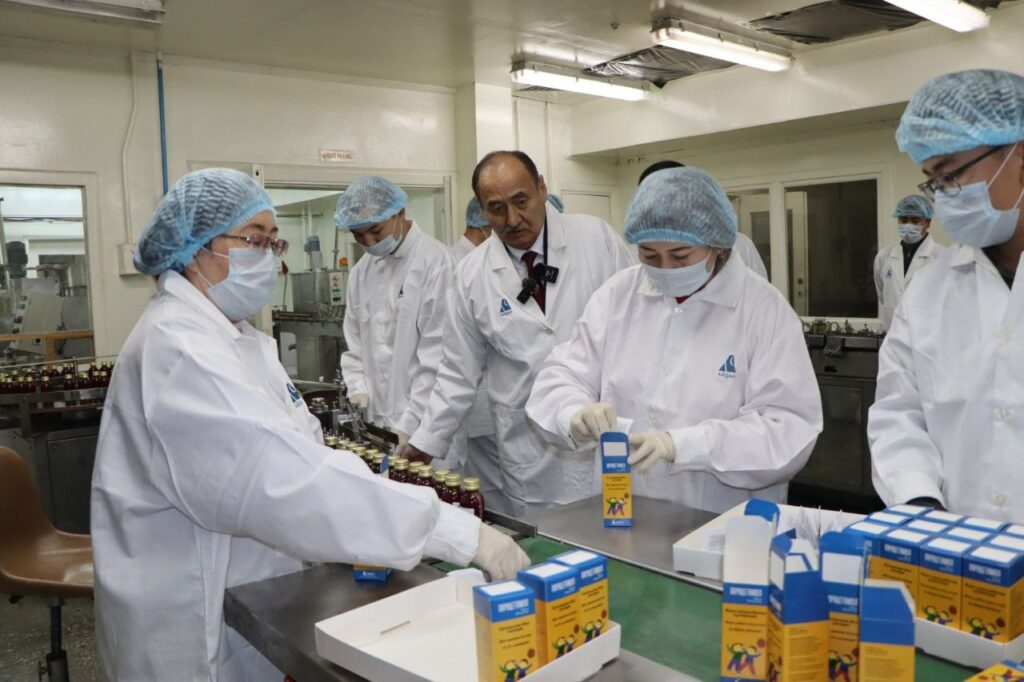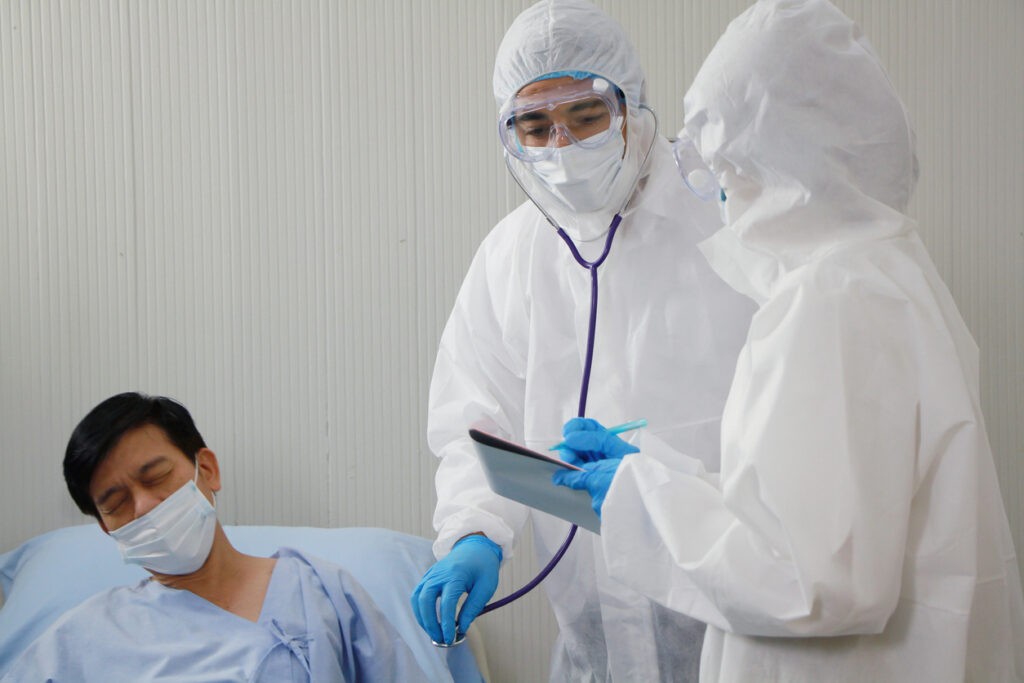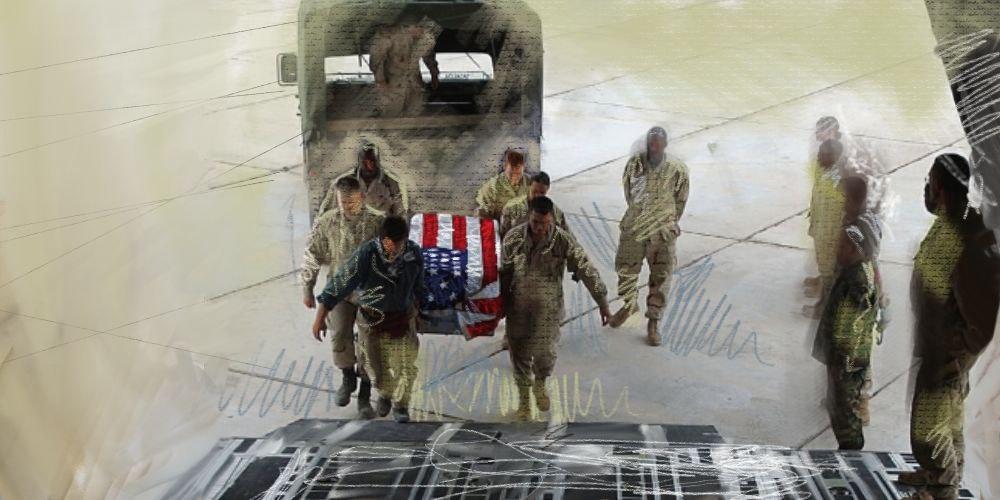Tajikistan’s Health Ministry Seeks Alternative to USAID Assistance in Combating Deadly Diseases
Tajikistan’s Ministry of Health is exploring alternative funding sources following the suspension of USAID programs. The recent freeze on U.S. foreign aid has affected several health initiatives in Tajikistan, particularly those focused on combating HIV/AIDS, tuberculosis, and malaria. At a press conference, Health Minister Jamoliddin Abdullozoda stated that authorities are seeking new mechanisms to sustain these programs. “USAID has played a key role in the fight against HIV, tuberculosis, malaria, as well as in maternal and child health. Until the agency’s future involvement is clarified, we intend to mobilize other resources,” Abdullozoda said. One of Tajikistan’s main partners remains the Global Fund to Fight AIDS, Tuberculosis, and Malaria, which continues to finance drug supplies and testing. The Health Ministry confirmed its commitment to strengthening cooperation with the Fund and engaging additional international organizations. Tajikistan's Republican Center for AIDS Prevention and Control clarified that USAID did not provide antiretroviral therapy (ARV) drugs or testing kits. Instead, the agency’s primary role was offering psychological and social support to HIV patients, mainly through nongovernmental organizations. According to official data, 12,480 people living with HIV are currently registered in Tajikistan’s healthcare system, including 1,022 children. In 2023, 293 new cases were detected among labor migrants. However, the overall number of registered HIV cases declined by 98 compared to previous years. Regarding tuberculosis, Tajikistan recorded 4,545 new cases in 2023 and 4,537 in 2024. The health minister attributed the slight increase to improved diagnostic capabilities. The country now has 77 tuberculosis diagnostic machines, 84 BAG laboratories, and 40 specialized devices for detecting infections.






